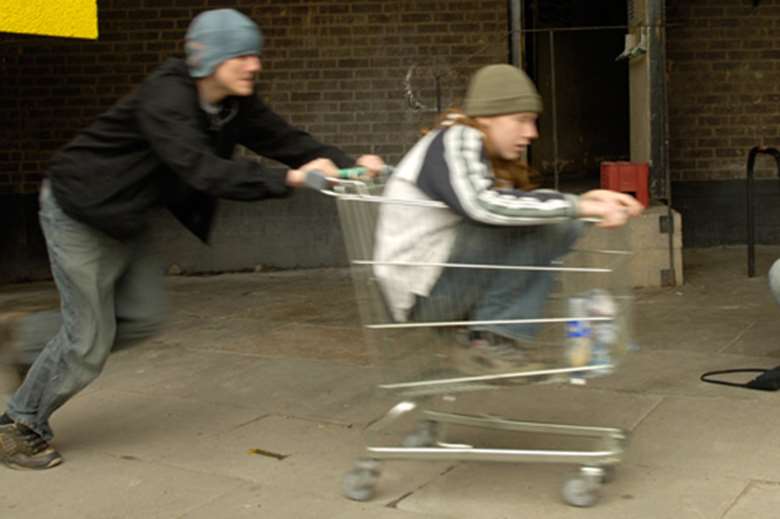Youth justice committee attacks failure to reject custody for behaviour breaches
Neil Puffett
Monday, February 18, 2013
The Standing Committee for Youth Justice (SCYJ) has criticised a cross-party group of MPs for failing to call for an end to custodial sentences for young people who breach antisocial behaviour orders.

A home affairs select committee report on the government’s Antisocial Behaviour Bill, recommends that new behaviour orders should only be used as a “short, focused nudge” to set young people on the right track, and should not be allowed to damage their future prospects.
But despite this, the select committee stopped short of backing calls for the use of custodial penalties to be scrapped in the event that orders are breached. Breach of the proposed Criminal Behaviour Order, which is set to replace Antisocial Behaviour Orders, could carry a maximum prison sentence of five years.
The SCYJ warned that increasing numbers of young people could end up in jail for minor offences, unless custodial penalties are abandoned.
“Imprisonment for under 18-year-olds should be an absolute last resort,” said Penelope Gibbs, chair of the SCYJ, which represents charities including Barnardo’s and the NSPCC. “Breaching any kind of antisocial behaviour order in no way meets the definition of last resort.”
Gibbs said the organisation is also frustrated that the home affairs select committee report failed to oppose the potential “naming and shaming” of young people who are handed new antisocial behaviour orders.
“Naming and shaming children in trouble with the law threatens children's privacy, welfare and their chance of turning their lives around,” she said. “Anonymity is lifted in the criminal court only in exceptional circumstances. This new legislation opens the floodgates to revealing the identity of already vulnerable children and teenagers.”
Despite this, Gibbs did welcome the committee’s recommendation that the final bill include provision for an annual review of all formal antisocial behaviour interventions imposed on under-18s, to ensure that restrictions are not continued unnecessarily if a young person’s behaviour has changed.
The select committee report also said that Injunctions to Prevent Nuisance and Annoyance should be available for a maximum of 12 months and should only be used after attempts to resolve any issue through informal support and acceptable behaviour agreements.
“We are very glad that the select committee feels antisocial behaviour measures should be a ‘short, focused nudge’ for young people to set them on the right track, not a millstone that will weigh around their necks for years to come, and recommends that all orders should be reviewed annually,” Gibbs said.




